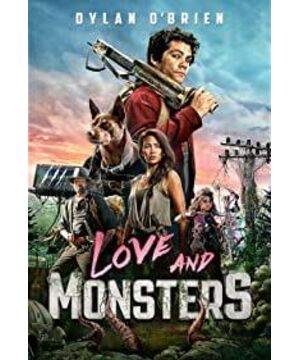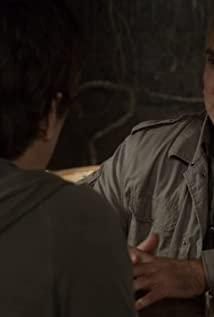Two people who used to "love", haven't seen each other for seven years, and many things happened between them that they didn't know each other.
Then, one goes to the other, only to find out that the love that once was "is not like that" anymore.
This one is a little disheartened and decides to leave, but just then, he smells evil, and then this one...becomes a hero and saves the other one.
As a result, the love that had no hope began to brew again, and another began to be moved.
The hero regains the heart of beauty, a forever happy ending?
The film doesn't develop that way, it arranges for the hero to leave alone, and then asks the beauty to follow the same path to find the hero and join him.
It is this arrangement that gives the film's narrative ethics a sense of completeness and equality from a real rationalist perspective.
Monsters lie between people, they make love broken, and the usual way of repairing in the world is one-way, but this film requires a two-way repair , as the film implies: if I can be on the ground If I live seven days, then I can live two or more seven days; and if I can, then so can you.
Relational good cannot be established, broken, or repaired by just one side.
LOVE AND MONSTERS, the biggest challenge is not monsters, but perfect love.
View more about Love and Monsters reviews











